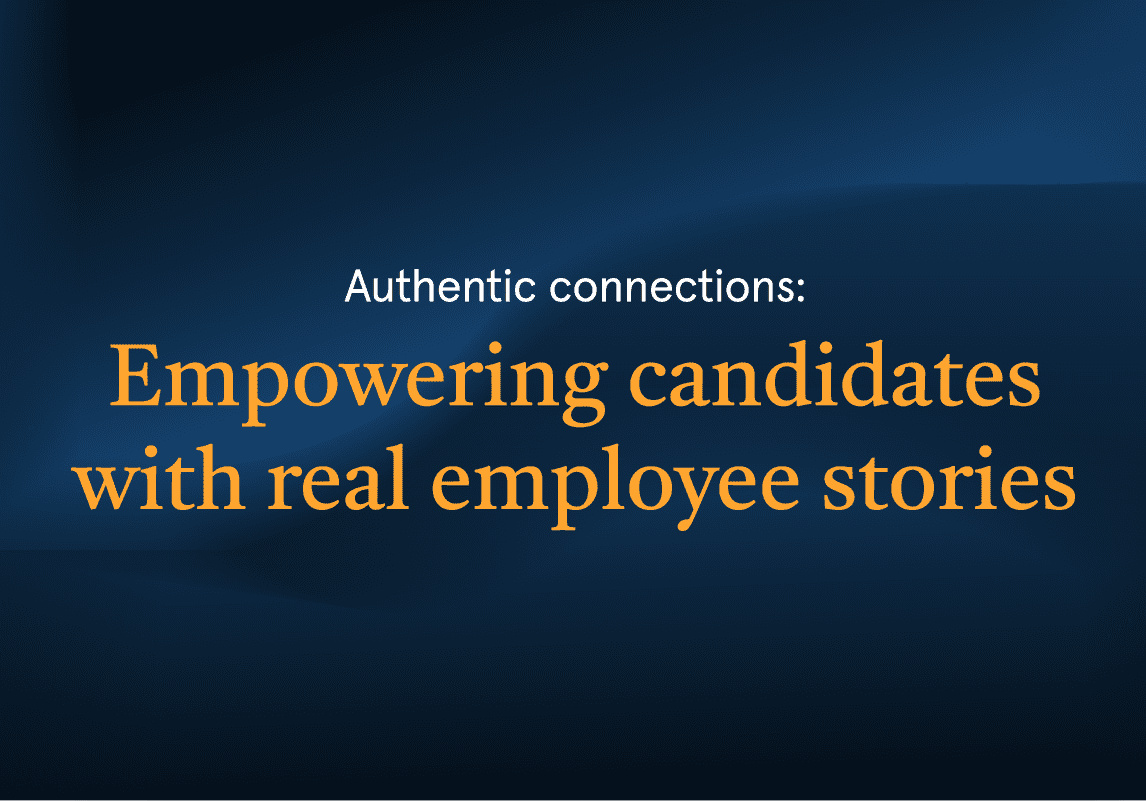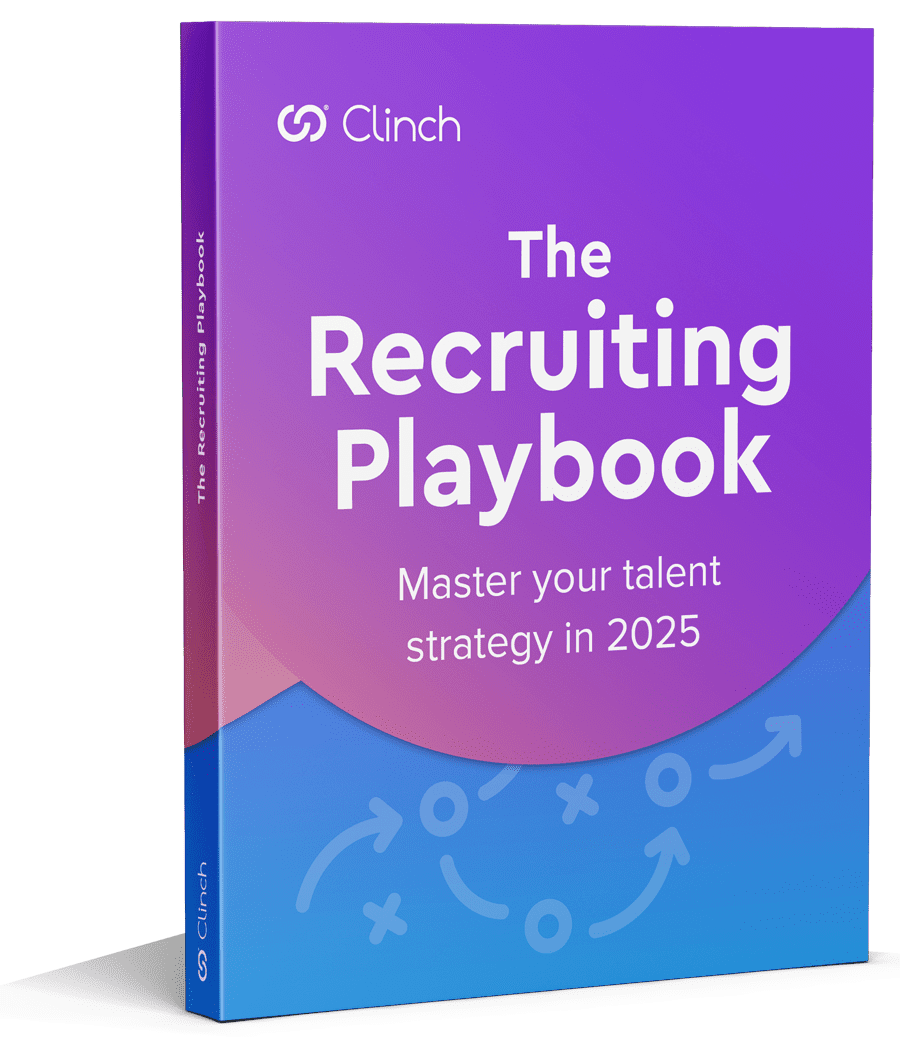How did you find your way into TA, what’s your story?
I fell into it. It’s hilarious, right?
The people. It’s the people that make all these companies, and it’s such an important job but none of us grow up thinking, “I’m going to land here.” I certainly didn’t, either. In Australia, I was in the motor trade when I married the now ex-husband and came to London. I saw this little trainee recruitment job and I thought, “oh, that looks interesting. I’ll go and see what that’s all about.”
Tell me more about that, your early years.
So I started in the agency world which I loved, and then, all of a sudden, “BOOM!” — the recession hits. At the same time, social media explodes, and by now I’m going, “Mmm . . . maybe I should just teach this malarkey. Maybe there’s an audience for this? Today though, it’s become more about, “ how can I get somebody to respond?” because I can find them easily. My “be human” approach is the key.
I’m glad the recession happened. At that time, I was not, but in retrospect, I’m so glad. It opened so many doors for me. I get to travel the world doing this: it just blows my mind. It’s amazing. I love it.
What works best to engage and nurture candidates?
It is all about becoming known, liked, and trusted. I believe this is a person-to-person job, so I’m forever telling recruiters, “would you please look like someone worth talking to?” Have a lovely, approachable profile picture and then use that across your social media profiles, and fill out your bios.
Your prospects are going to Google you, be real. Let them know about things aside from work, like how many dogs you have, what you’re growing in the garden or where you’re taking this year’s vacation. And so, there’s that conversation and I can actually talk to you about something that’s not just work. On Facebook, create a “profesonal” — a presence that is somewhere between the professional and the personal. Prospects will look you up, show you’re worth talking to!
How about passive prospects?
When you get in touch with them, don’t talk about the job. Make the conversation all about them. Show you’ve done your research. People will be like, “Wow! They’ve looked at my stuff, they’ve read my blog, they’ve seen that tweet, and they’re interested in me.
You’re not going to walk into a pub, stand at the door and yell, “do you want a job?” so don’t do that online. Make it all about them, and show that you’re treating them respectfully as a human being — not as a candidate or talent or techie, or whatever else you want to call them — as a human being.
What’s one of your most favorite campaigns?
Something happened when social media appeared. Suddenly, we were meant to split our lives in two, LinkedIn for professional, and Facebook for where we played, but we’re not like that. You don’t spend all day talking about work. LinkedIn has removed a lot of features and it’s become less social. So users have shifted over to Facebook – and it’s a great place to source candidates.
If you cannot find a phone number, or email, send them a video in the Facebook message request, because if I sent you one, when you clicked in, you’d see a video of my face, and how could you resist hitting play? I’ve watched clients get so excited about this and it’s so easy to do.
How do you get your company to stand out?
I think it’s the ability to freely share your natural excitement for the company which is what people buy into – just, keeping it real. If people are excited about what they’re doing anyway, their story will just come through. If we thought of our employer brand as being more of an “employee brand,” then I think it would get better. I think that the bulls**t meter’s gone up; people are just like, “really?” Videos where people are using words they would never say to their friend, make prospects think, “I don’t want to work for you, because that’s ridiculous.” Especially if the people in the video are “real” employees. It’s not that hard to be yourself.
What’s the secret to converting great prospects into candidates?
Be human. It literally is, #behuman.
Look like a human being, treat them like a human being, make it about the candidate, make it about how they are going to grow and develop within your company. Sure, once they’re in the company, you flip it and you’re doing the interviewing, but initially, just be human — let’s treat people as people with full respect.


